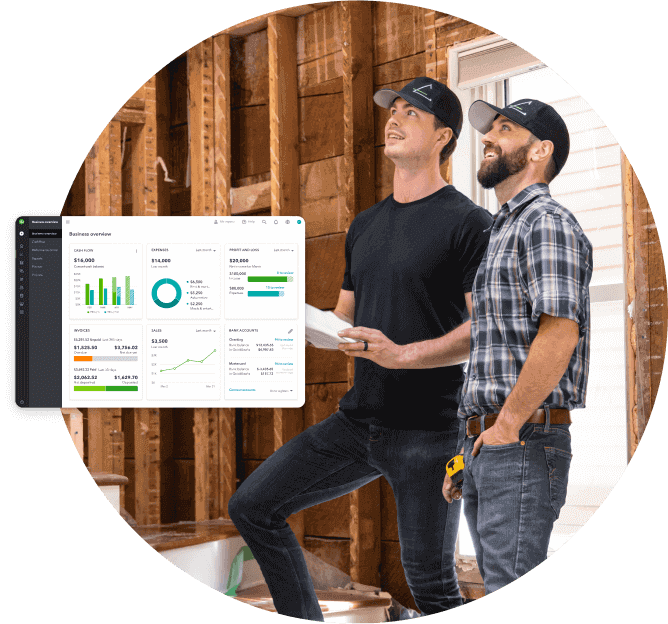Whether you’re a freelancer, small business owner, or manager of a mid-sized company, effective financial management — including diligent expense tracking — is essential for sustaining your business. Research shows that poor financial planning is one of the leading causes of business failure.
Tracking business expenses plays a vital role in maintaining financial stability and supporting growth. When you know exactly where your money goes, you can budget wisely, uncover cost-saving opportunities, and make informed decisions to keep your operations running smoothly.
In this guide, we’ll walk you through practical steps to build a streamlined expense tracking system, from setting up dedicated accounts to leveraging the right tools.
With a solid plan in place, you’ll save time, gain valuable insights, and position your business for success.

